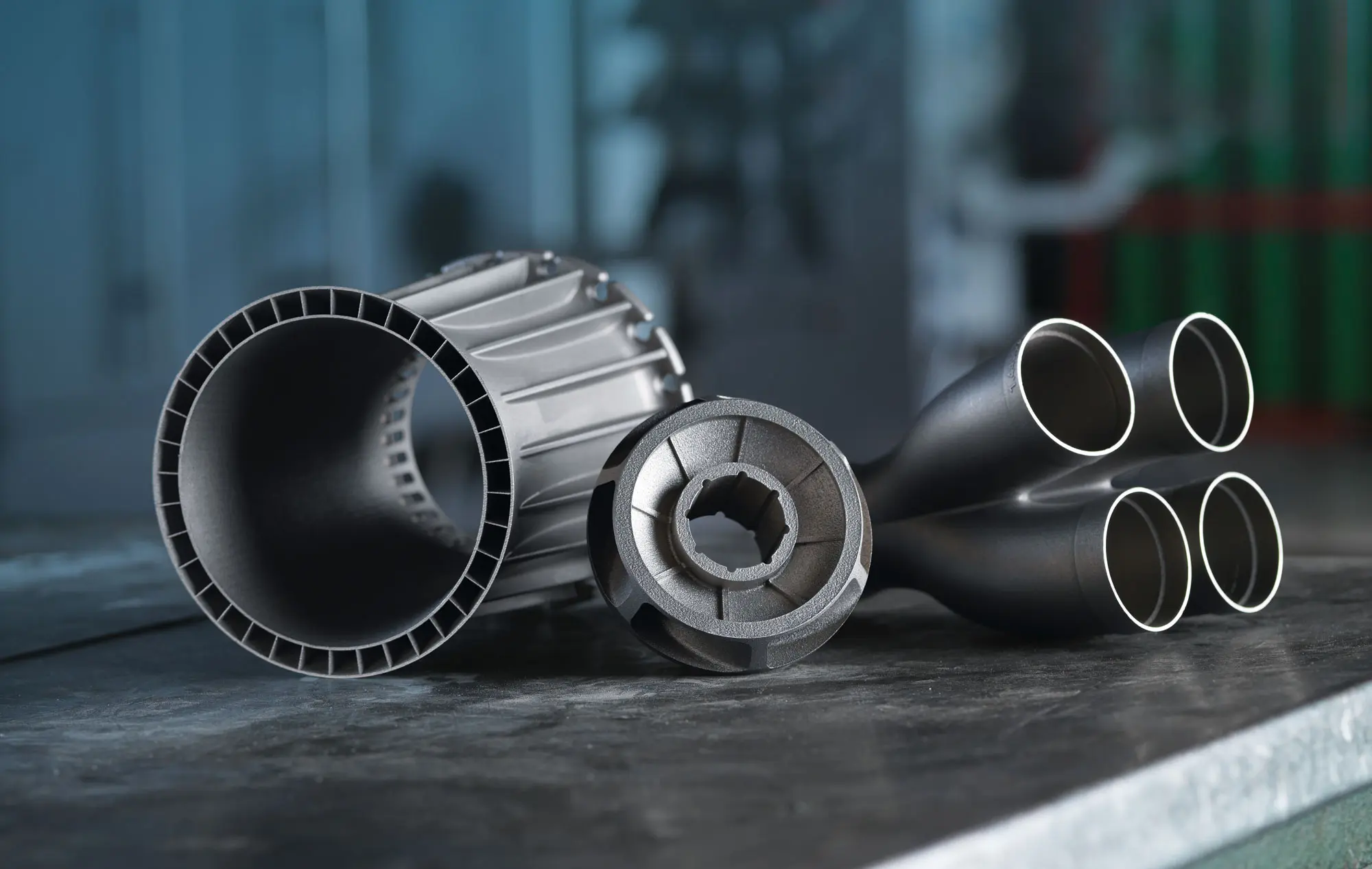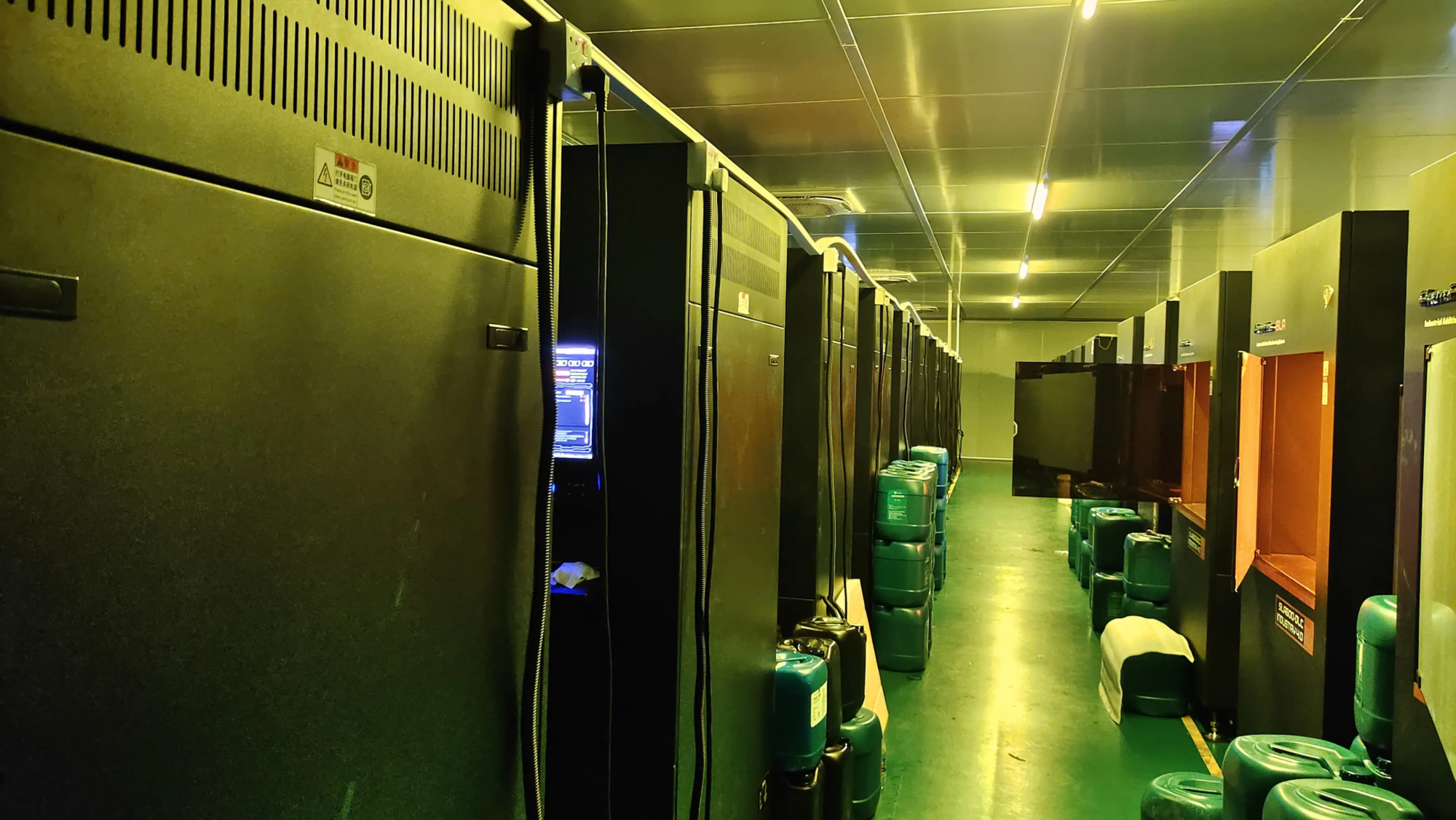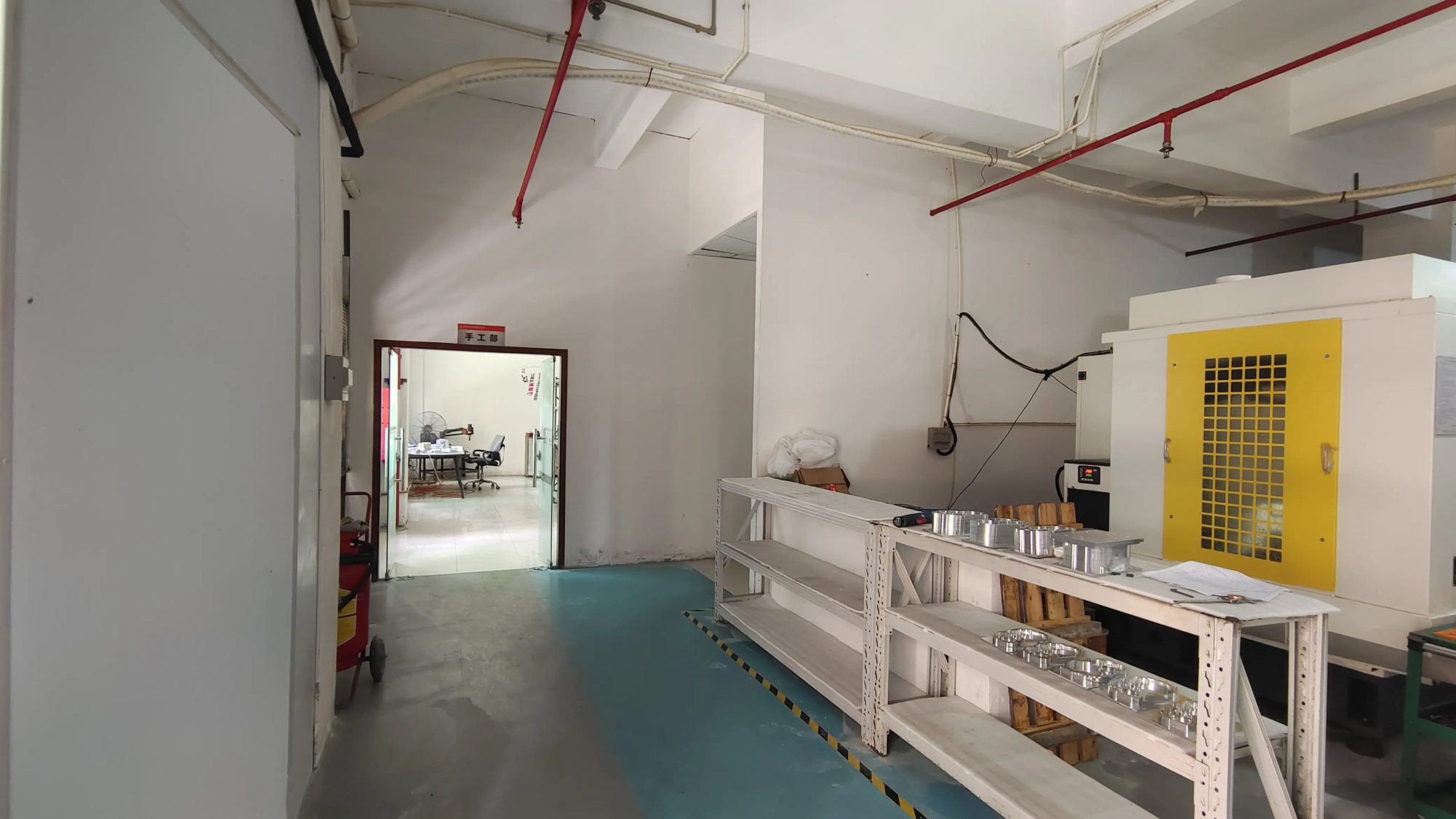According to reports from “ChosunBiz”, Korean researchers have successfully developed a 3D printing module that can be connected to existing factory equipment and use artificial intelligence (AI) technology to realize intelligent production. This module can automatically detect production defects and optimize production conditions, becoming an important tool for traditional manufacturing to become intelligent. The research was led by Yoo Se-hoon and Lee Ho-jin, senior researchers at the Korea Institute of Industrial Technology (KITECH).
This system is called “Metal 3D Printing Defect Detection and Active Control Technology” and can be easily installed by adding “additional modules” to old production equipment that does not have AI capabilities. The module integrates sensors, fault detection functions and intelligent control components, allowing old equipment to quickly adapt to intelligent production needs. Using this module, companies can upgrade their traditional factories to AI-driven smart factories without eliminating or replacing existing equipment.
The research team chose direct energy deposition (DED) 3D printing technology as a test scenario. This process requires extremely high precision in terms of laser output, travel speed and powder feeding, and slight errors can lead to printing defects. The add-on can monitor anomalies in real time during the printing process and issue alerts via the screen. Additionally, the module can automatically adjust print settings to resolve issues, reducing the time needed to adjust the device and find optimal printing conditions. This technology is particularly suitable for small and medium-sized manufacturing companies that lack professional equipment or technical personnel.
Currently, this technology has been transferred to two Korean companies, MR Tech and Dico, and has entered the commercialization stage. Lee Ho-jin, head of the research, said: “This technology uses deep learning algorithms to detect various stacking faults in the printing process in real time and actively regulate the working state of the printing process. equipment. twin models to ensure production. The process provides virtualization support, which will have far-reaching impacts in the future.
Moon Chang-kyu, director of MR Tech, added: “This technology can also be extended to robotic production processes, and we are accelerating the commercial application of AI-based robotic 3D printing technology. »
Huang Junzhe, CEO of Dico, highlighted: “This module has significant advantages in collecting and managing temperature data during the production process via video systems. » He also revealed that the company plans to apply this technology to high-end aerospace, medical and automotive applications. manufacturing field.
This innovative technology not only bridges the gap between traditional equipment and modern AI technology, but also provides manufacturing companies with a low-cost and high-efficiency intelligent transformation path. With a modular design, companies can flexibly respond to different production needs while improving their market competitiveness. As this technology gradually enters the commercialization stage, its broad application prospects in aerospace, medical equipment, automobile manufacturing and other fields are highly anticipated.





